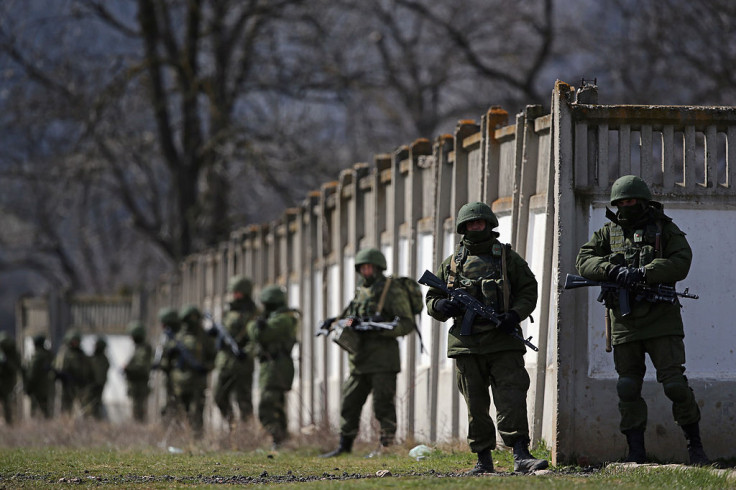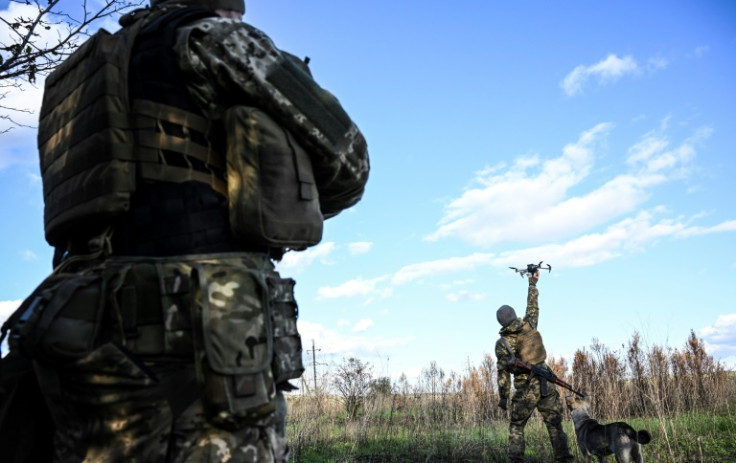Russia Is Sending HIV-Positive Men To Ukraine War Despite Being Ineligible

KEY POINTS
- HIV-positive individuals in Russia are receiving summons from Moscow's enlistment office
- HIV-positive officers could still be called up if their illnesses are "at the stage of primary manifestations"
- Other men suffering from medical conditions like pancreatitis and hemorrhoids were also called up
The Russian army is now sending HIV-positive individuals to the war in Ukraine despite being ineligible for mobilization, according to a human rights defender.
In a Telegram post published Thursday, human rights defender Pavel Chikov said many HIV-positive men in Russia request for help after receiving summons from Moscow's military registration and enlistment office despite some being unfit for mobilization.
"We are getting requests from HIV-positive men who are getting a summons for military service along with other categories eligible for mobilization unless they were deemed unfit for serving during an earlier medical examination and assigned category D," Chikov wrote in the post.
The human rights defender added that at least one HIV-positive person has already been sent to the collection point despite having medical papers confirming his diagnosis.
A post published earlier on the Obyasnyaem.rf website, an official online resource aimed to raise awareness about Russia's social and economic situation, said HIV-infected individuals were not eligible for mobilization, as translated by the independent Russian news site The Insider. However, the post has been deleted from the website as of writing.
Meanwhile, Chikov said HIV-infected reserve officers could theoretically still be called up to serve in the army if their illnesses are "at the stage of primary manifestations," citing Article 5 of the Schedule of Diseases from a 2013 decree from the Russian government. The decree was amended in June 2022.
"Citizens examined according to columns I, II, III of the disease schedule, in cases of detection of infections that are predominantly sexually transmitted, are subject to treatment. After successful treatment, they are considered fit for military service," the decree read.
Chikov's Telegram post comes days after it was reported that the Russian army had called up a college student from the Chelyabinsk Region despite him suffering from several medical conditions, including pancreatitis, rhinitis, prostatitis, varicoses and hemorrhoids.
The independent television channel Dozhd also reported the case of a young man who was called up despite having recently gotten strabismus surgery for crossed eyes. He was drafted as a chief gunner.
Last week, it was also reported that a 63-year-old man, identified only as Yermolaev, had been drafted by the Russian military. Yermolaev, who served in the army prior to retirement, suffers from second-degree diabetes and cerebral ischemia.

© Copyright IBTimes 2025. All rights reserved.






















